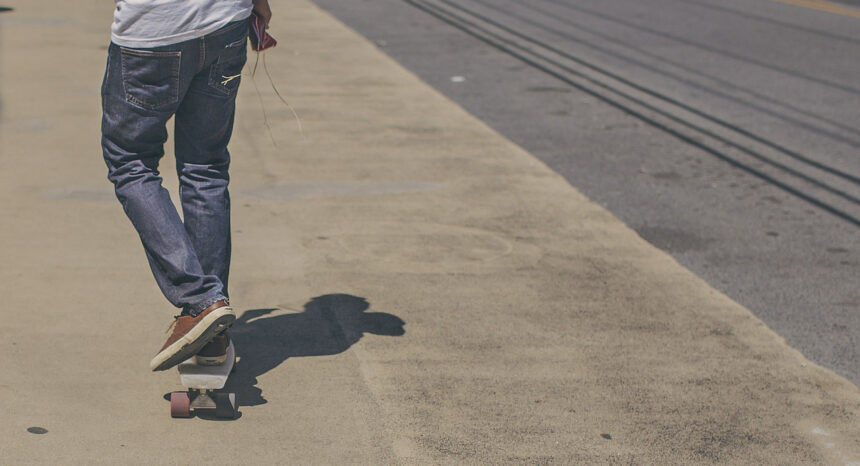Among juvenile delinquents, boys with hostile fathers commit more crime and use a larger variety of drugs and alcohol than boys with absentee fathers, a new study suggests.
The issue: Extensive research has focused on the consequences of single-mother households. For example, an often-cited study from the University of California, San Francisco and Princeton University found that teenage boys raised by single moms are at a greater risk for incarceration. Relatively few studies, however, have looked at how certain qualities in fathers affect children who live with their moms.
A group of scholars representing five universities decided to investigate the influence of hostile fathers and uninvolved fathers on their teenage sons’ behavior.
A study worth reading: “The Differential Influence of Absent and Harsh Fathers on Juvenile Delinquency,” published in the Journal of Adolescence, 2018.
About the study: The authors examined data collected through a longitudinal study of 1,216 male juvenile delinquents from the Philadelphia area as well as Jefferson Parish, Louisiana and Orange County, California. All had been arrested on misdemeanor charges such as vandalism and theft. Almost half the boys in the sample were Latino while 37 percent were black and 15 percent were white.
The boys were asked a series of questions about their household and relationship with the individual they considered to be their father. They also answered questions about their criminal behavior and use of alcohol and illegal drugs.
Fathers are described as “harsh” if they rated high in hostility and low in warmth. They are characterized as absent if they are completely missing from the boy’s life or if the child did not identify a father figure. Sons’ relationships with their dads are considered “high quality” if they rated high in warmth and low in hostility.
The key findings:
- Most of the boys with harsh fathers were Latino while most with absentee fathers were black.
- Boys with harsh fathers had a higher rate of delinquency than those with uninvolved dads. The sons of hostile men reported committing more crime and using a larger variety of drugs and alcohol.
- Kids with harsh fathers or absentee fathers reported engaging in more offending behaviors and using more substances than kids with “high quality” relationships with their dads.
- About 29 percent of youth in the sample did not have a parent with a high school diploma. About 36 percent had a parent who went to college or received some level of training after high school.
- “Father absence is widely acknowledged as a key contributor to delinquency, leading to efforts to promote father involvement with youth to deter juvenile delinquency. However, not all involved fathers develop positive, high-quality relationships with their sons, and father presence in some cases can be more detrimental than father absence.”
Other resources:
- The U.S. Census Bureau provides a range of data on the makeup of American families, including their living arrangements.
- The Pew Research Center looks at how American families are changing as more single women have children and enter the workforce.
- All Pro Dad and the National Fatherhood Initiative are national organizations aimed at encouraging fathers to be more involved with their kids.
- The National Institute of Justice offers information on juvenile delinquents, including the type of crimes most often committed and the ages at which youth tend to start and stop committing offenses.
Other research:
- A 2017 study published in the Journal of Marriage and Family, “Indebted Relationships: Child Support Arrears and Nonresident Fathers’ Involvement with Children,” suggests that fathers who are behind on child support are less involved with their children.
- A 2017 research review published in Early Child Development and Care, “The Relationship Between Parenting and Internalizing Behaviors of Children: A Systematic Review,” examines the impacts different parenting styles can have on children.
- A 2015 study by Anna Haskins of Cornell University, “Paternal Incarceration and Child-Reported Behavioral Functioning at Age 9,” found that boys whose fathers are in prison are more likely to exhibit antisocial behaviors.
Delayed enrollment and college plans: Is there a postponement penalty?
How to tell good research from flawed research: 13 questions journalists should ask


Expert Commentary